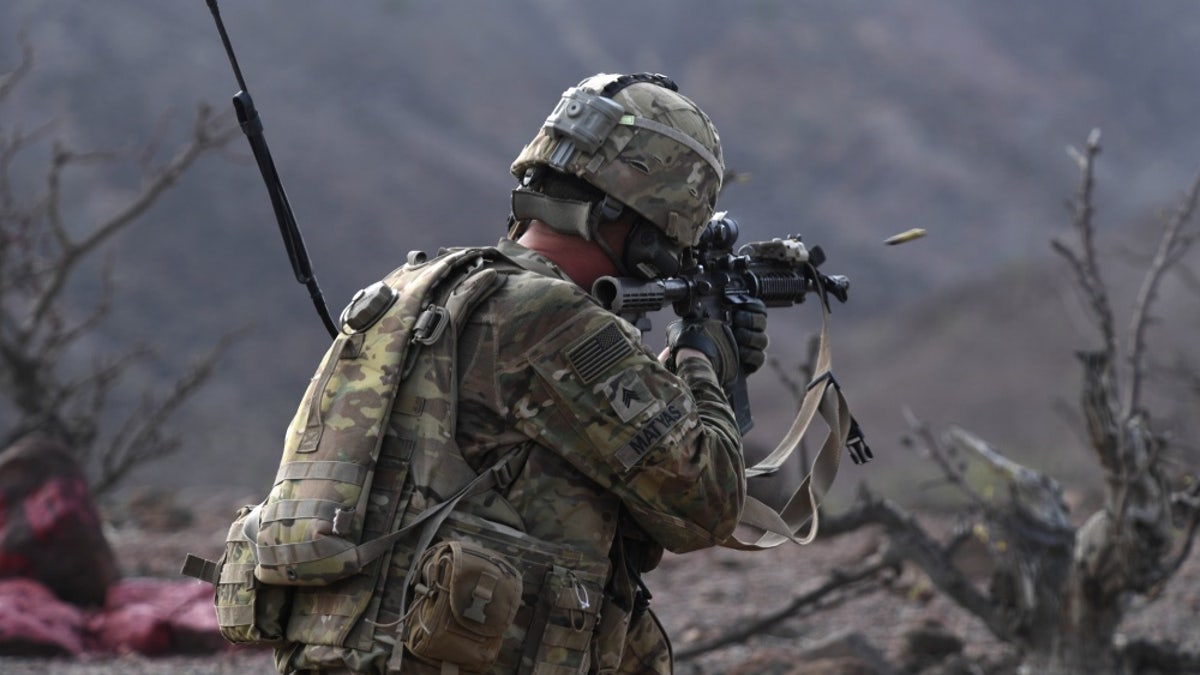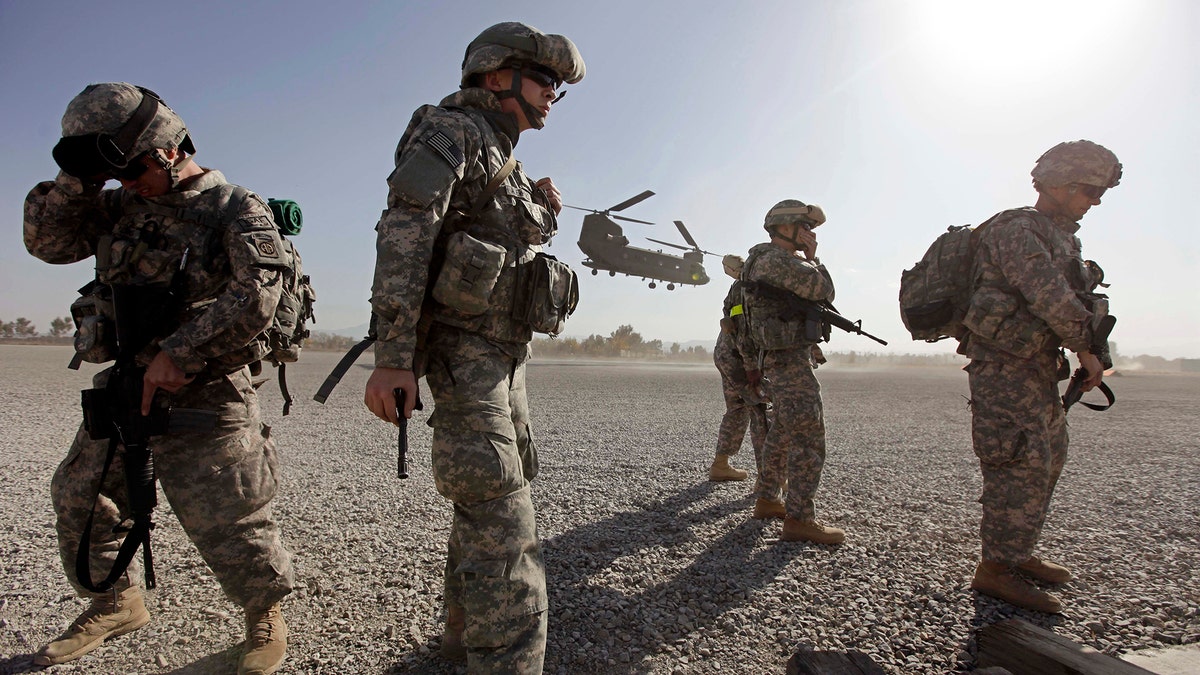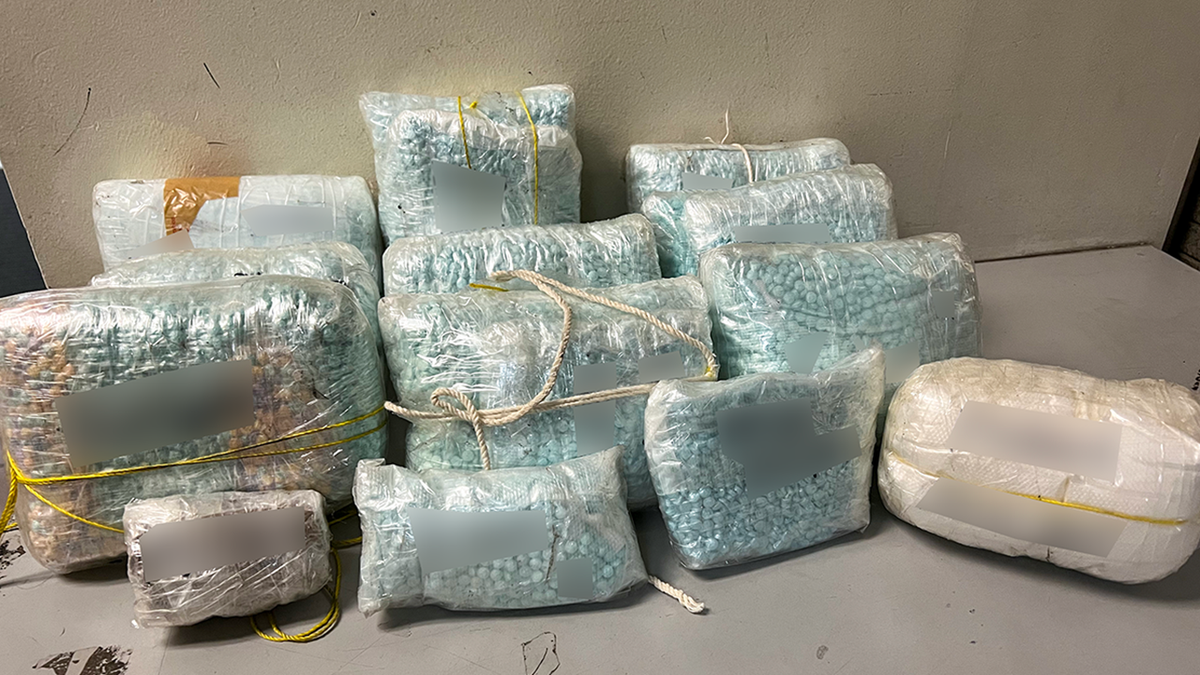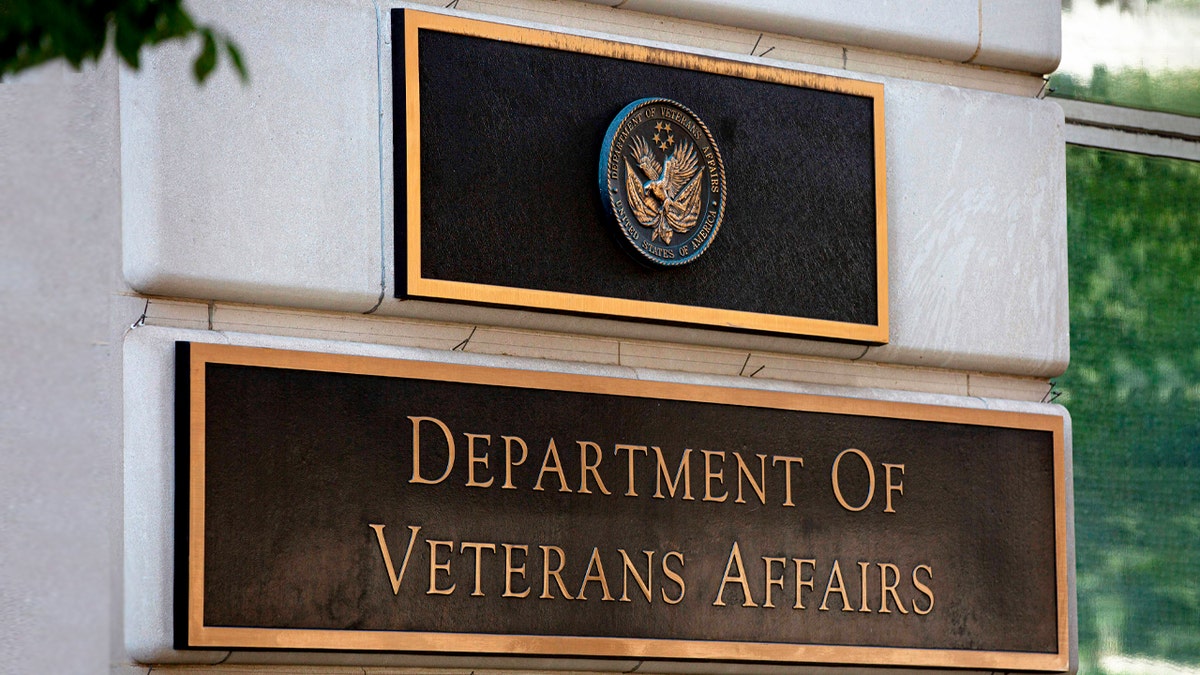Vet advocates speak out on the high suicide rates of American's veterans
America's Warrior Partnership discusses the high suicide rate of American Veterans on Fox Report Weekend
The opioid epidemic has continued to plague the U.S. as new threats such as fentanyl spread across the country, placing the nation's veterans on the front lines of a new kind of war.
"I've seen many post-9/11 veterans become addicts due to mental health," Chelsea Simoni, a clinical nurse researcher and the founder of the Hunterseven Foundation, told Fox News Digital. "I've coded many young post-9/11 veterans in the ERs for opiate overdoses. I've seen mental health crises from addiction."
Substance abuse among active duty military and veterans has been an issue policymakers have attempted to tackle for years, with service members being one of the country's most vulnerable populations – in large part because of the stresses to their mental health in military service. According to a Department of Veterans Affairs estimate, roughly 20% of veterans being treated for post-traumatic stress disorder also struggle with drug or alcohol abuse.
Members of the military are also more likely to suffer physical injuries as part of their duties, a reality that often leads to troops being prescribed highly addictive painkillers.

10th Mountain Division Soldier fires an M4 rifle. (U.S. Air Force photo by Senior Airman Haley D. Phillips)
"I can speak personally when I say after a severe back injury while serving in the Army," Simoni said. "I was given over 300 pills of Percocet for pre-op and liquid Percocet post-op."
Simoni detailed how the pain and isolation of her injuries led to a battle with depression, which caused her to turn to the drugs that were prescribed to her for relief.
"I didn't measure out the liquid Percocet. I loved how it made me feel. It cured anxiety, the thoughts of depression," she said. "I did this for a few weeks, until I blacked out and threw up on myself. Getting rid of that Percocet was difficult, because I loved how it made me feel. But ... I didn't need it for the pain, more so the 'mental' pain.'"
Simoni saw a similar situation play out with her brother, who after multiple deployments with the Marines and the loss of fellow service members, suffered both physical and mental wounds from his time in combat.
FOUR ARMY SOLDIERS IN ALASKA DIE OF SUICIDES IN ONE MONTH
"He had a severe back injury and was given Vicodin," she recalled. "The use spiraled out of control. At one point, he was still on active duty and would acquire Fentanyl patches… he would scrape the patches and snort them. He was discharged from the Marine Corps shortly after."
Simoni's brother's battle with drug abuse eventually turned into "full-blown heroin addiction" that led to an overdose and hospitalization.
Simoni visited her brother in the hospital daily and said his addiction issues have gotten much better, but the mental health scares remain.

Members of the U.S. Air Force. (REUTERS)
Similar stories are shared by many veterans across the country, with one study published in the Annals of Medicine earlier this year finding that drug overdose mortality rates among military veterans increased 53% from 2010 to 2019.
VETERANS COMMITTING SUICIDE AT RATE 2 TIMES HIGHER THAN VA DATA SHOWS: STUDY
The study determined multiple causes for the military community's vulnerability to substance abuse, including "physiological, psychological and social factors" and "liberal opioid prescribing."
Policymakers have implemented several measures in an attempt to combat the issue, including reforms on prescribing opioid painkillers that made their distribution less liberal. However, such measures have had additional consequences.
"These types of supply-side measures may have inadvertently increased the likelihood of riskier forms of opioid use among veterans (and others), as some veterans turned to diverted POs or heroin to manage their pain and stave off opioid withdrawal," the study notes "In this context of shifting policies and market conditions that limited access to POs, some veterans turned to other, riskier sources of opioids to manage their pain when they were no longer able to obtain opioid pain medication from their healthcare provider."
The reality has increased the dangers for veterans, most notably with the rise of fentanyl, a highly dangerous opioid that can be fatal in small doses. According to research released by the VA, deaths from fenatnyl-related substances began to spike in 2015 and became the leading cause of overdose deaths by 2017, outpacing deaths attributed to heroin, cocaine, alcohol and prescription opioids.

More than 26 pounds of fentanyl pills at a Border Patrol checkpoint. (Arizona Department of Public Safety)
LOCAL INDIANA ORGANIZATION HELPING TO STEM TIDE OF VETERAN SUICIDES WITH COMMUNITY-BUILDING
The spike in fentanyl availability in recent years has become another obstacle in combating the epidemic among the military community, who are often isolated from their typical systems of support during rehab from injuries or after leaving military service.
"We spend our entire careers relying on others," Simoni told Fox News Digital. "Being 'removed' from that tribe, and not having that support is such a culture shock. And a painful one at that. We no longer have that surge of dopamine and serotonin."
Despite greater attention and efforts to curb the troubling statistics, the Annals of Medicine study stressed that the problem has actually continued to grow, noting that overdose fatalities have actually reached their highest point ever in 2020 and 2021.
However, measures so far have focused on limiting the supply of the of prescription opioids to veterans, something the authors argue is not enough.

The U.S. Department of Veterans Affairs building is seen in Washington, D.C. (ALASTAIR PIKE/AFP via Getty Images)
CLICK HERE TO GET THE FOX NEWS APP
"Our review of research literature and epidemiological findings demonstrates that veterans’ vulnerability to opioid-related overdose is multifaceted and involves far more than the opioid dependence resulting from long-term management of pain with opioid," the authors argue.
Instead, the unique circumstances faced by veterans should receive greater consideration, with the authors recommending a more "holistic" approach to understanding a population that differs significantly from other demographics that suffer from drug abuse disorders.
"Veterans’ drug-related problems, and in particular, overdose risk, must be understood in light of their distinct and evolving life contexts and situations – as the product of ongoing interactions across physiological, psychological social, and structural domains," the author's said. "Pain management needs must be understood alongside the larger complex of issues veterans face over the civilian/military/veteran career, acknowledging the physiological, psychological, social and structural factors at play."











































